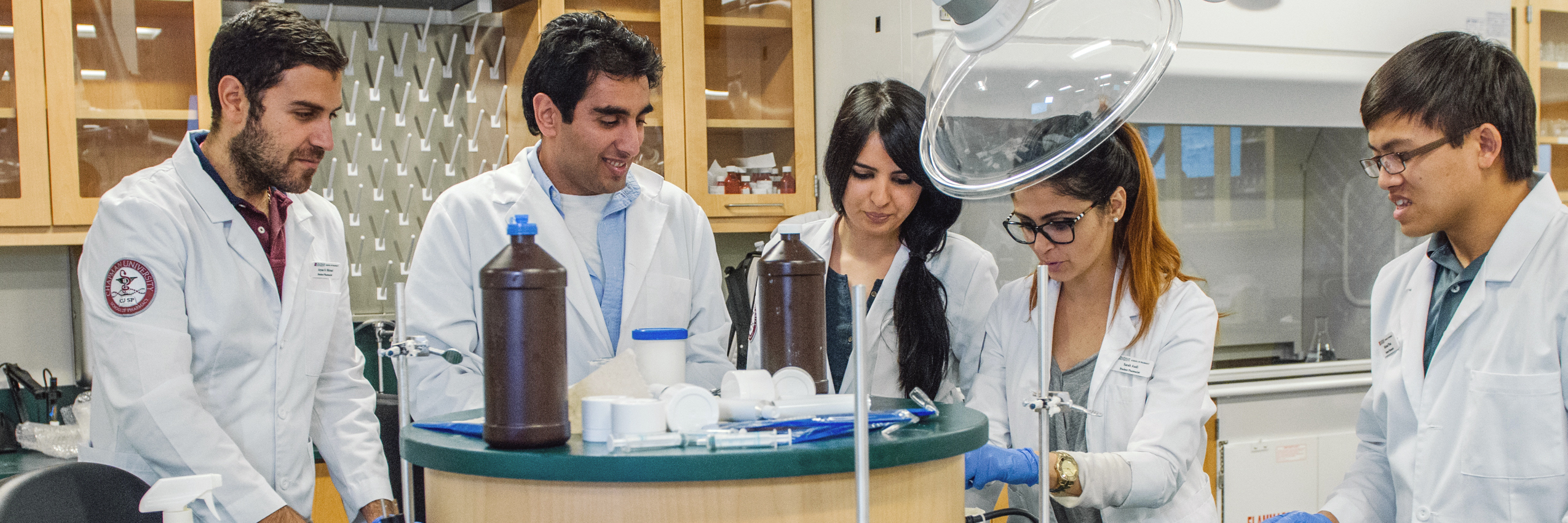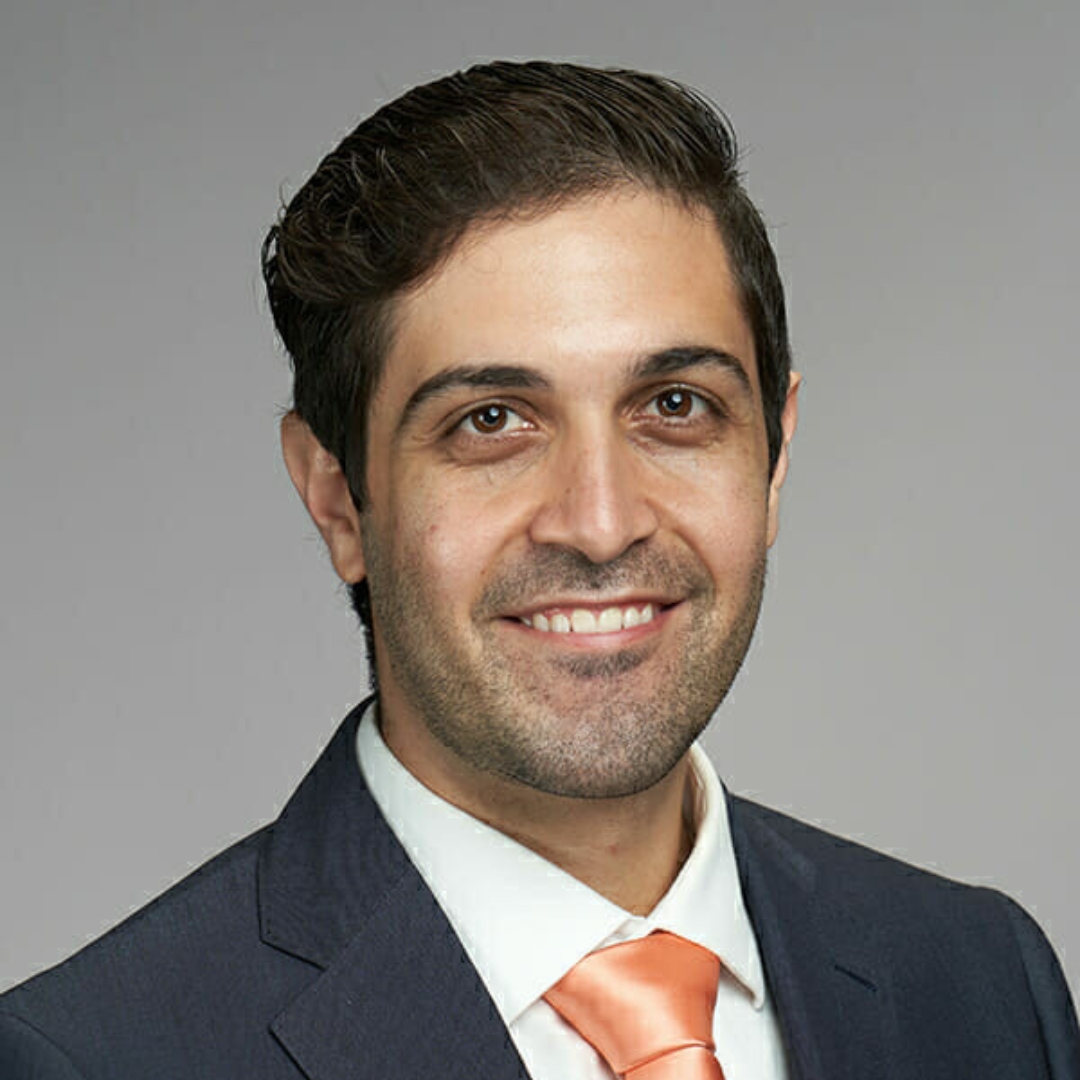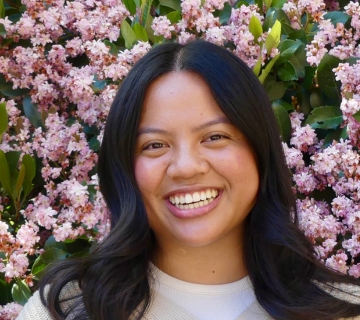Candidates for the Doctor of Pharmacy degree must be able to perform the essential
functions in each of the following categories: Observation, Communication, Motor Function, Intellectual, and Behavioral/Social. However, it is recognized that degrees of ability very among individuals.
The educational objective of the Doctor of Pharmacy (PharmD) degree program at Chapman
University School of Pharmacy is to prepare students for the practice of pharmacy.
Students admitted to, as well as those continuing in the PharmD program, must have
the intellectual, emotional, and physical abilities, with reasonable accommodations
provided to those with disabilities, to acquire the knowledge, behaviors, clinical
and technical skills to successfully complete the curriculum in preparation for licensure
as a practicing pharmacist. Further, the safety of the patient, on whom the professional
education process is primarily focused, must be ensured as the final and ultimate
consideration. Therefore, it is essential for competent patient care to require students
to meet minimum technical standards in their pharmacy education.
The five standards listed below describe the essential functions students must demonstrate
in order to fulfill the requirements of a pharmacy education, and thus, are prerequisites
for entrance to, continuation in, and graduation from the School of Pharmacy. The
School of Pharmacy will consider for admission any applicant who demonstrates the
ability to perform or to learn to perform the skills listed in this document. If you
feel you are unable to meet these technical standards you are encouraged prior to
application to discuss your disability with the Associate Dean of Student Affairs
at in order to determine whether or not reasonable accommodations can be made. Students
pursuing the academic program who lack the ability to appropriately comply with these
standards and who do not seek accommodations may place themselves in academic jeopardy.
A candidate for the PharmD degree must meet or exceed the required aptitude, abilities,
and skills, in the following areas:
I. Observation: Candidates must be able to observe demonstrations and experiments in the basic and
pharmaceutical sciences. Candidates must be able to accurately observe a patient’s
condition, must be able to obtain a history and perform appropriate assessments and
to correctly integrate the information derived from these observations to develop
and implement an accurate and therapeutically appropriate plan. They must be able
to prepare medications for dispensing to patients and observe the activities of technical
staff operating under their supervision in accordance with State law. These skills
require the functional use of vision, verbal, hearing and somatic sensations.
II. Communication: Candidates must be able to communicate with, understand, and observe patients in
a clinical setting. They must be able to record information accurately and clearly,
communicate fluently in and understand the English language, and communicate effectively
and sensitively with patients. Candidates must also be able to communicate effectively
with other members of the healthcare team in oral and written form, and in patient
care settings in which decisions based upon those communications may be made rapidly.
They must be able to effectively communicate with and supervise technical support
staff.
III. Motor function: Candidates must possess the motor function sufficient to direct and supervise the
accurate compounding and preparation of medications for dispensing to patients. In
addition they must have the motor skills to teach medication administration, including
the monitoring and counseling of patients regarding their medication. They must be
able to use computer-based information systems. They must adhere to universal precaution
measures and meet safety standards applicable to inpatient and outpatient settings
and other clinical activities. They must have sufficient health to be able to work
competently and consistently in a stressful work environment, be able to attend classes
regularly, and be able to take exams on schedule.
IV. Intellectual: Candidates must have effective and efficient learning techniques and habits that
allow mastery of the pharmacy curriculum. They must be able to learn through a variety
of modalities including, but not limited to, classroom instruction, small group activities,
individual study, preparation and presentation of reports, and use of computer technology.
They must be able to memorize, measure, calculate, reason, analyze, synthesize and
apply information and concepts. They must also be able to comprehend spatial relationships
and three-dimensional models.
V. Behavioral and social attributes: Candidates must demonstrate the maturity and emotional stability required for full
use of their intellectual abilities. They must accept responsibility for learning,
exercising sound judgment, and promptly completing all responsibilities attendant
to the care of patients. Candidates must understand the legal and ethical aspects
of the practice of pharmacy and function within the guidelines established by the
law and by the ethical standards of the pharmacy profession. They must be able to
relate to patients and their families, colleagues, and other members of the healthcare
team with courtesy, maturity, and respect for the dignity of individuals. This requires
that they place the welfare of their patients foremost, and demonstrate honesty, integrity,
dedication, compassion and nondiscrimination in the care of their patients. They must,
at all times, demonstrate the emotional stability to be able to exercise sound judgment,
and carry out prompt completion of all of the responsibilities attendant to the care
of their patients in a sensitive and effective manner. This sensitivity includes self-examination
of personal attitudes, perceptions, and stereotypes in order to avoid potential negative
impacts on relationships and patient care. Candidates must be able to adapt to changing
environments, display flexibility and professional responsibility to their patients,
and to learn to function in an environment of uncertainty, in which changes may occur
rapidly and without warning. All of these personal qualities will be assessed during
the admissions and educational process. Candidates must be able to contribute to collaborative,
constructive learning environments; accept constructive feedback from others; and
take personal responsibility for making appropriate positive changes.























